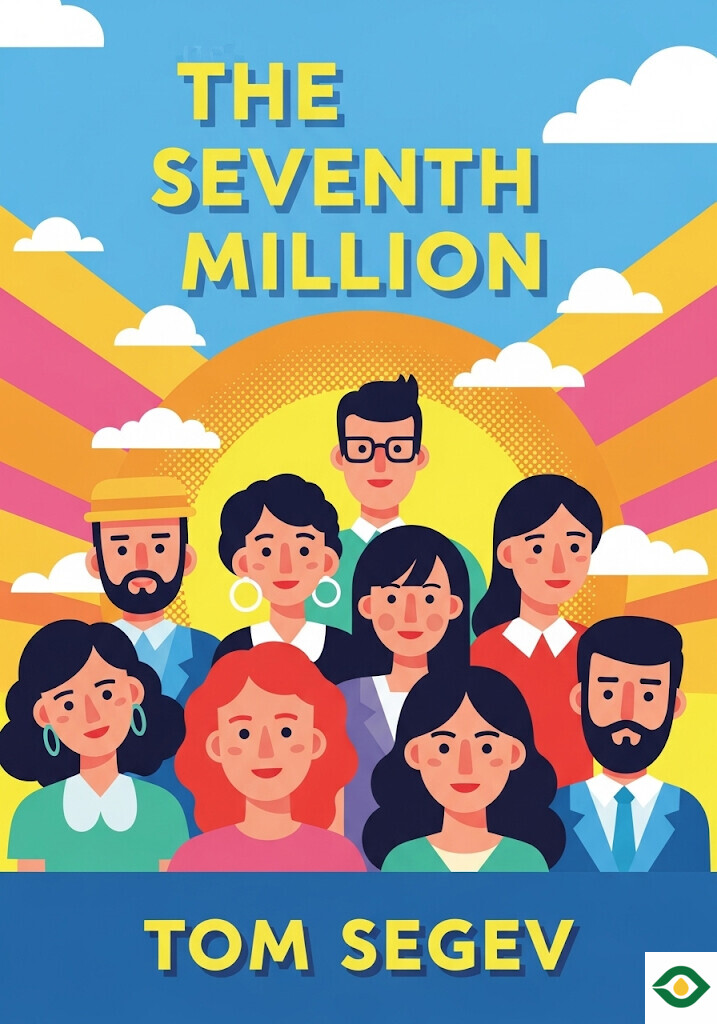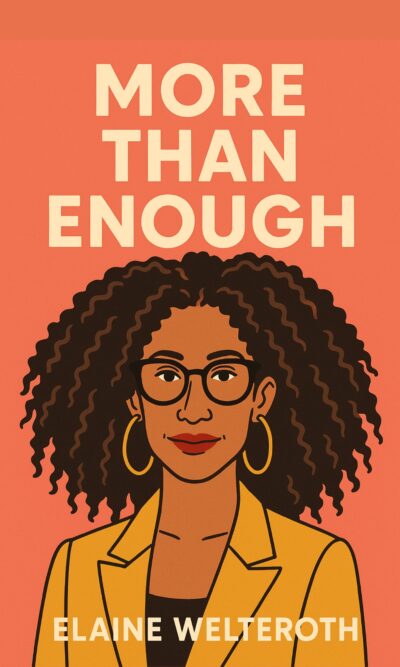Description
The Holocaust was one of the darkest tragedies in human history. Between 1933 and 1945, six million Jews were murdered by Nazi Germany and its collaborators. The suffering was immense, the scale almost impossible to grasp. But while the destruction happened in Europe, its echoes carried far beyond. One of the most powerful places where the Holocaust’s impact was deeply felt was Israel, the young Jewish state that rose soon after. This book explores how that event shaped Israel’s people, politics, and culture. It looks at how survivors carried their pain into a new land, how Israelis debated memory and justice, and how the Holocaust continues to shape the nation’s identity even decades later.
When Hitler came to power in 1933, German Jews quickly realized that their future in their homeland was uncertain. Many were desperate to leave. At the same time, Jewish leaders in Palestine were eager to bring more Jews into the land that would become Israel. Strangely, for a brief period, the goals of Nazis and Zionists aligned. The Nazis wanted Jews out of Germany, while Zionist leaders wanted them in Palestine. A deal was struck allowing German Jews to transfer some of their wealth and possessions if they agreed to emigrate. Thousands left under these arrangements, but the move was not easy. Many who came were refugees rather than passionate nation-builders. They arrived traumatized, clinging to the culture and language of Europe, while the Jews already in Palestine wanted to create a strong Hebrew identity. The cultural clash was sharp, and many locals looked down on the new arrivals, seeing them as burdens rather than pioneers.
As the war in Europe grew worse, reports of mass killings trickled into Palestine. Yet, for many Jews already living there, the news did not seem as urgent as one might expect today. Some newspapers pushed these reports to the inside pages, while sports victories were given front-page headlines. People had grown used to centuries of Jewish persecution, and many simply could not imagine the scale of what was unfolding. Their focus remained on building a future state, not on a genocide far away. Later, when the truth of the Holocaust became undeniable, many in Israel were struck with guilt. Could they have done more? Should they have acted differently?
After the war ended, emotions were raw. Some Holocaust survivors arriving in Palestine carried with them not only grief but also a desire for revenge. One group, calling itself Nakam (“revenge”), even plotted to poison the water supply in German cities, hoping to kill millions as payback. Their plan never came to pass, but the urge to strike back at the perpetrators was real. At the same time, most survivors simply wanted peace. They were exhausted, broken, and trying to rebuild their lives. Many struggled with nightmares, anxiety, and survivor’s guilt. Even within Israel, they often felt like outsiders, unable to fit easily into the collective farming communities or the fast-paced drive to build a nation.
In the early years of the state, another great debate emerged: should Israel accept reparations from Germany? On one hand, the money could help the struggling young nation grow. On the other hand, many Israelis felt it was blood money, tainted by murder. Protests broke out, people threw stones, and heated arguments filled the parliament. But eventually, Israel signed an agreement with Germany. The financial aid boosted Israel’s economy, creating jobs and fueling development. Still, many saw this deal as a compromise of morals for survival.
The Holocaust also raised questions about collaboration and survival. One of the most controversial figures was Rudolf Kastner, a Jewish leader in Hungary who negotiated with Nazi officials to save a group of Jews in exchange for money. Some saw him as a savior; others accused him of collaborating with murderers. Years later, in Israel, this debate exploded in public, and Kastner was eventually assassinated. His story symbolized the impossible moral choices faced during the Holocaust and the ongoing struggle over how to judge them.
Another turning point came in 1960 when Israeli agents captured Adolf Eichmann in Argentina. Eichmann had been a key Nazi official responsible for organizing the transport of Jews to death camps. His trial in Jerusalem was broadcast widely, and for the first time, many Israelis heard survivors speak in detail about what they had endured. It became a national moment of reflection, a kind of collective therapy. But not everyone agreed on how the trial was conducted. Some critics called it a show trial, while others believed it was necessary for justice and for giving voice to the victims. In the end, Eichmann was executed, and his trial became one of the most important events in shaping Holocaust memory in Israel.
The shadow of the Holocaust also affected Israel’s security mindset. Surrounded by hostile neighbors, Israelis often compared Arab threats to those of Hitler. Fear of annihilation was a constant theme, and this fear influenced wars, policies, and even the pursuit of nuclear weapons. In 1967, when Israel fought the Six-Day War and captured the West Bank and Gaza, many saw it as an act of survival against another potential genocide. But the occupation also brought new moral challenges, including discrimination against Arab citizens and rising internal divisions. The echoes of Holocaust trauma often made compromise seem impossible, as many Israelis believed any weakness could invite destruction.
Over time, Israel developed a culture of remembrance. A national Holocaust Memorial Day was established. On that day, the country slows down: shops close, broadcasts turn solemn, and people pause to remember. Sirens sound across the land, and people stand still in silence, even on highways. Schools began teaching Holocaust history as a central part of education, and trips to Auschwitz became a rite of passage for Israeli students. The goal was clear: never forget, never allow it to happen again.
The Holocaust left deep marks on Israeli identity. It shaped politics, from foreign policy to debates over morality. It influenced culture, inspiring literature, films, and ceremonies of remembrance. It left emotional scars on survivors and their children, who carried inherited trauma. And it created a sense of constant vigilance, a belief that the Jewish people must always be ready to defend themselves.
This book shows that Israel’s story cannot be told without the Holocaust. The two are woven together. For the “seventh million,” the Jews of Israel after the Holocaust, the tragedy was not just history. It was part of their present, their memory, their fears, and their hopes for the future. It explains why Israel often acts with such intensity, why debates over morality are so sharp, and why remembrance remains at the core of national life. The Holocaust was not only a European tragedy; it became a central force in shaping the heart of Israel.





